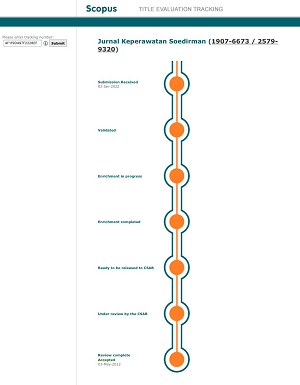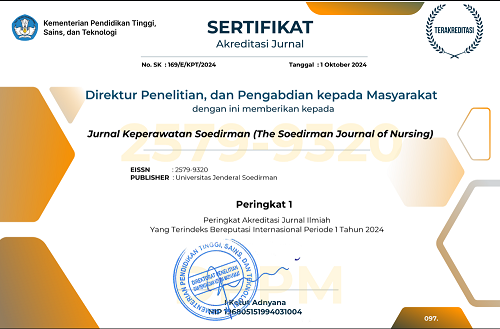Effect of using the SICARE Application on Knowledge about Chronic Energy Deficiency and the Dietary Patterns of Adolescent Girls
Abstract
The high prevalence of chronic energy deficiency (CED) among adolescent girls may be due to a lack of knowledge and unhealthy dietary practices. This study aimed to evaluate the effect of the SICARE application in improving healthy dietary knowledge among adolescent girls. This study employed a quasi-experimental design with a non-equivalent control group comprising 59 participants in each group. The study was conducted at a high school. The researchers used a knowledge questionnaire and the Food Frequency Questionnaire (FFQ) as measurement tools. The results showed a significant improvement in CED knowledge in the intervention group after using the application, from 12.68 ± 2.35 to 20.85 ± 1.37 (p < 0.05). The participants’ eating habits also improved over the two weeks, with increased consumption of rice as a staple food, eggs as the primary source of animal protein, and tempeh and tofu as plant protein sources. Water spinach and papaya were the most frequently consumed vegetables and fruits. The findings suggest that the SICARE app is an effective educational tool for increasing knowledge about CED and promoting healthier eating habits among adolescent girls. Thus, the app can be used to address the high prevalence of CED in this population.






.png)




_3.png)

 Kampus keperawatan unsoed
Kampus keperawatan unsoed  Published By Jurusan Keperawatan FIKES UNSOED
Published By Jurusan Keperawatan FIKES UNSOED jks@unsoed.ac.id
jks@unsoed.ac.id

